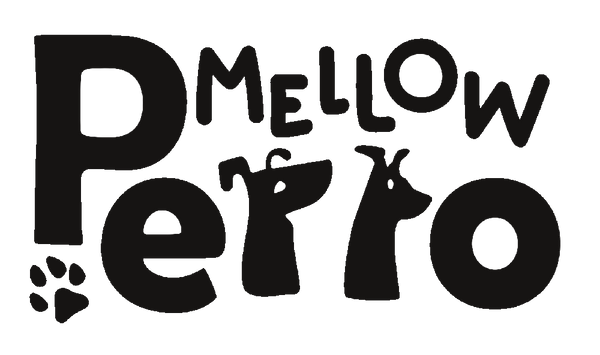
Are you planning to get a new puppy? Congratulations! Bringing home a furry friend can be a wonderful experience, but it can also be challenging, especially if you are a first-time pet owner. There are several things you need to consider before bringing a puppy home. One of the most important things is to look out for certain behaviors in a new puppy that can give you an idea about their personality and health.

In this article, we will discuss the 7 behaviors to look out for in a new puppy that can help you ensure a happy and healthy puppyhood. We will also answer some frequently asked questions about puppy behavior and provide tips on how to train your new puppy.
- Energy Level
The energy level of a new puppy is a crucial factor to consider when bringing them home. Puppies are generally very energetic and playful, but the energy level can vary depending on the breed and age of the puppy. High-energy breeds such as Border Collies and Jack Russell Terriers require more exercise and mental stimulation than low-energy breeds such as Bulldogs and Basset Hounds.
A puppy with a low energy level may not be interested in playing or may sleep for long periods. On the other hand, a puppy with a high energy level may be very active and require lots of attention and exercise. It is essential to match your lifestyle and energy level with that of the puppy to ensure a happy and healthy relationship. - Appetite
Another behavior to look out for in a new puppy is their appetite. Puppies are generally voracious eaters, and a healthy puppy should have a good appetite. A puppy that refuses to eat or shows signs of disinterest in food may be sick or stressed.
It is essential to provide a high-quality, well-balanced diet to your new puppy to ensure proper growth and development. Consult with a veterinarian to determine the right type and amount of food for your puppy. - Socialization
Socialization is a critical behavior to look out for in a new puppy. Socialization refers to the process of introducing your puppy to new people, animals, and environments. It is essential to socialize your puppy from an early age to ensure they become well-adjusted and well-behaved adult dogs.
A puppy that is not socialized may become fearful, anxious, or aggressive towards people, animals, or new environments. It is essential to expose your puppy to different situations and people and to provide positive reinforcement for good behavior. - Elimination Habits
Elimination habits are another crucial behavior to look out for in a new puppy. Puppies need to be eliminated frequently, and it is essential to establish a routine for elimination. A puppy that is eliminated in the wrong place or at the wrong time may be confused or not adequately trained.
It is essential to provide your puppy with a designated elimination area and to praise and reward them for eliminating in the right place. Consistency and patience are essential when training your puppy. - Sleeping Habits
Sleeping habits are another behavior to look out for in a new puppy. Puppies require lots of sleep and may sleep for up to 18 hours a day. It is essential to provide your puppy with a comfortable and safe sleeping area, such as a crate or a bed.
A puppy that has trouble sleeping or is restless may be stressed or uncomfortable. It is essential to establish a routine for sleeping and to provide your puppy with a quiet and comfortable sleeping area. - Play Behavior
Play behavior is another important behavior to look out for in a new puppy. Puppies are naturally playful and curious, and play is essential for their physical and mental development. A puppy that does not engage in play or shows signs of aggression during playtime may be stressed or not adequately socialized.
It is essential to provide your puppy with plenty of toys and playtime and to supervise play to ensure safety. Positive reinforcement and training can also help teach appropriate play behavior. - Grooming Habits
Grooming habits are another important behavior to look out for in a new puppy. Grooming is essential for your puppy's health and well-being, and it is essential to establish a routine for grooming.
A puppy that resists grooming or shows signs of discomfort during grooming may be stressed or not adequately socialized. It is essential to start grooming your puppy from an early age and to provide positive reinforcement for good grooming behavior.
Bringing a new puppy home can be a wonderful experience, but it is essential to look out for certain behaviors in a new puppy to ensure a happy and healthy puppyhood. The 7 behaviors to look out for in a new puppy are energy level, appetite, socialization, elimination habits, sleeping habits, play behavior, and grooming habits.
By paying attention to these behaviors and providing proper care and training, you can help your new puppy become a well-adjusted and well-behaved adult dog. Remember to consult with a veterinarian for guidance and support in caring for your new puppy.



